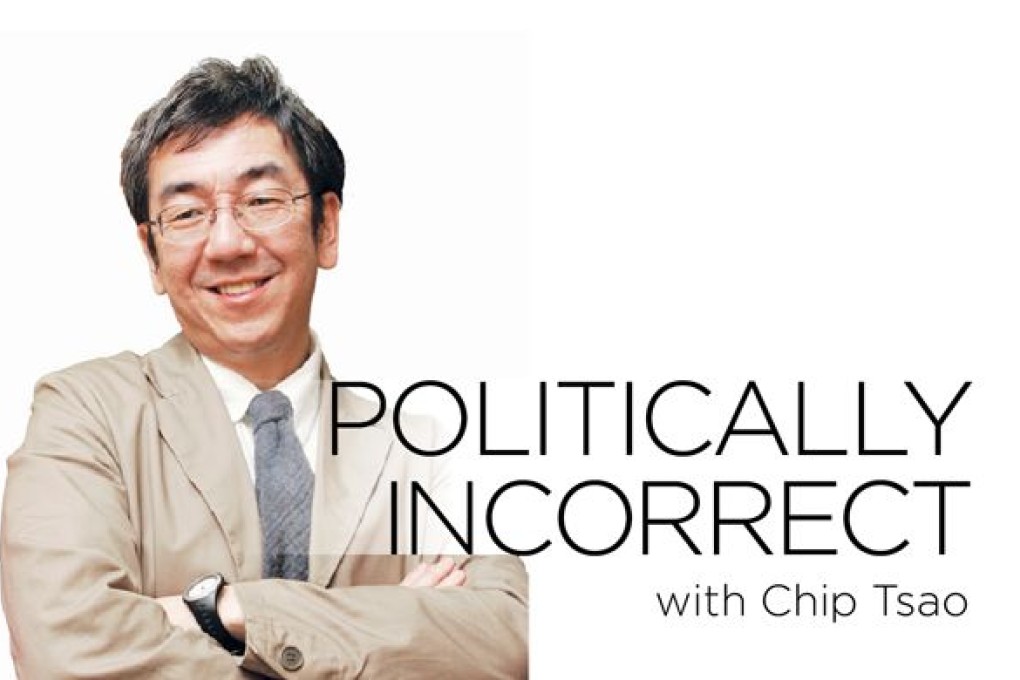
The Year of the Snake has seen off the timeless legend of Sir Run Run Shaw, the veteran cinema tycoon, who has died aged 107.
Born six years before the sinking of the Titanic, Shaw lived through the Qing Dynasty, the warlord era, the Second World War and the brutal military turbulences that led to the birth of communist China. He was smart enough to have escaped to Hong Kong from Shanghai in 1949. His elder brother, who founded the earliest cinema enterprise in Shanghai, was persecuted as an evil capitalist who corrupted the minds of the Chinese people with his early silent martial arts movies, which ran alongside the films of Harold Lloyd and Charlie Chaplin in America.
Shaw left his elder brother in the early 1930s to go to Malaya, where he distributed his sibling’s silent films. He brought cinema to the masses by holding screenings for overseas Chinese on Malaya’s beaches.
It was in Malaya where Shaw’s star started to shine. He fell in love with a concubine of Eu Tong Sen, a Chinese herb tycoon in South East Asia, who extended his majestic magnanimity by giving her away to the young, up-and-coming dream-seeker. They got married.
In 1964, Shaw narrowly escaped death. While in Taiwan, his wife dissuaded him from joining a Hong Kong filmmakers’ delegation on a trip to Hualien, an eastern town on the island. Instead, he stayed in Taipei to accompany her on a shopping trip. The plane crashed, killing his business rival Loke Won Tho, a Cambridge-trained barrister and the aristocratic son of businessman Loke Yew. Loke’s film company was liquidated, and Shaw’s cinematic empire was once again a monopoly. He hosted VIP guests such as Elizabeth Taylor and Cary Grant at his studio in Clearwater Bay, earning him the enviable status as the man behind the Hollywood of the Orient.
Shaw’s films are mostly violent ketchup-splashing kung-fu flicks and Barbara Cartland-like gaudy romance stories, with the occasional “Dracula” joint productions with Hammer, the second-rate British horror movie company. His movies were all well-calculated commercial products, condemned as “vulgar pornographic and violent trash” by communist media in Hong Kong during the 1970s. He was—as a reliable political partner who had proven his strength in helping the government to resist the spread of communist ideology through cinema—appointed chairman of Hong Kong Arts Festival, a move condemned by left-wing university student unions.